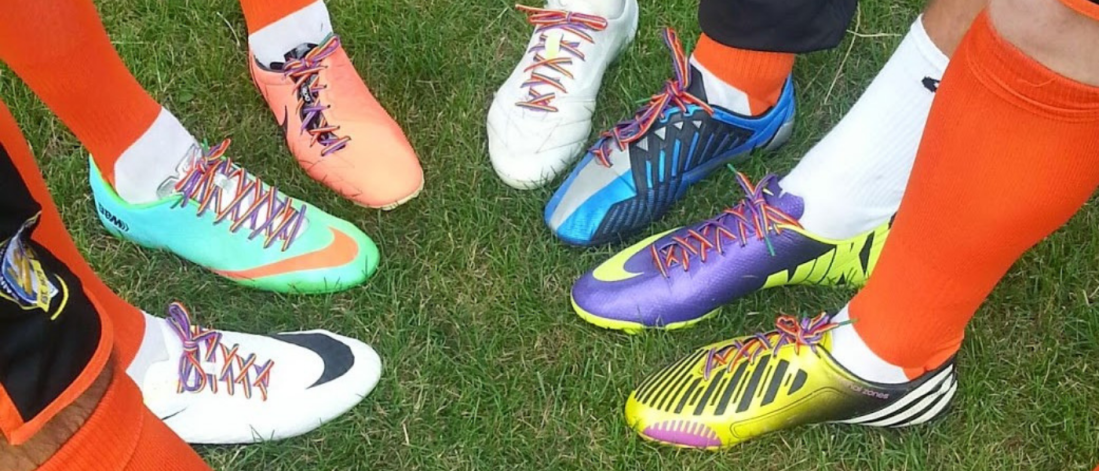Football players up and down the country this last weekend played their part in helping to stamp out homophobia in football, and to some extent, sport in general. Compared to other public domains, sport still has less LGBT representatives than most, and this applies especially to football. Players from clubs from every division and every … Continue reading Can ‘Rainbow Laces’ tie up homophobia in football?
-
Subscribe
Subscribed
Already have a WordPress.com account? Log in now.
